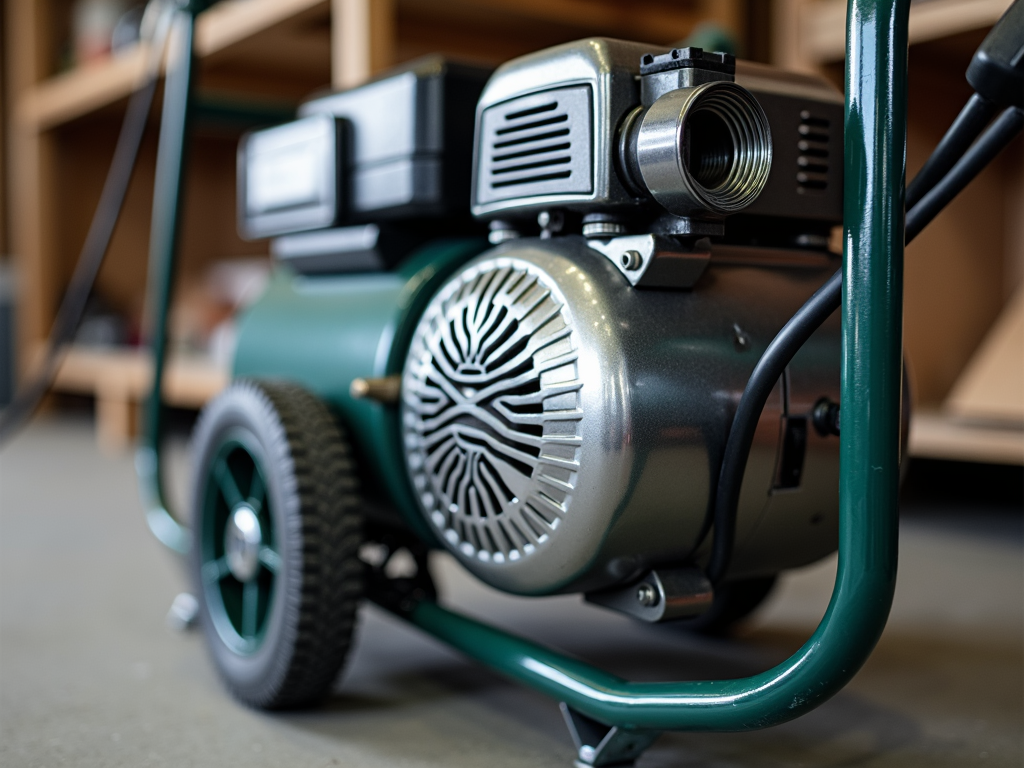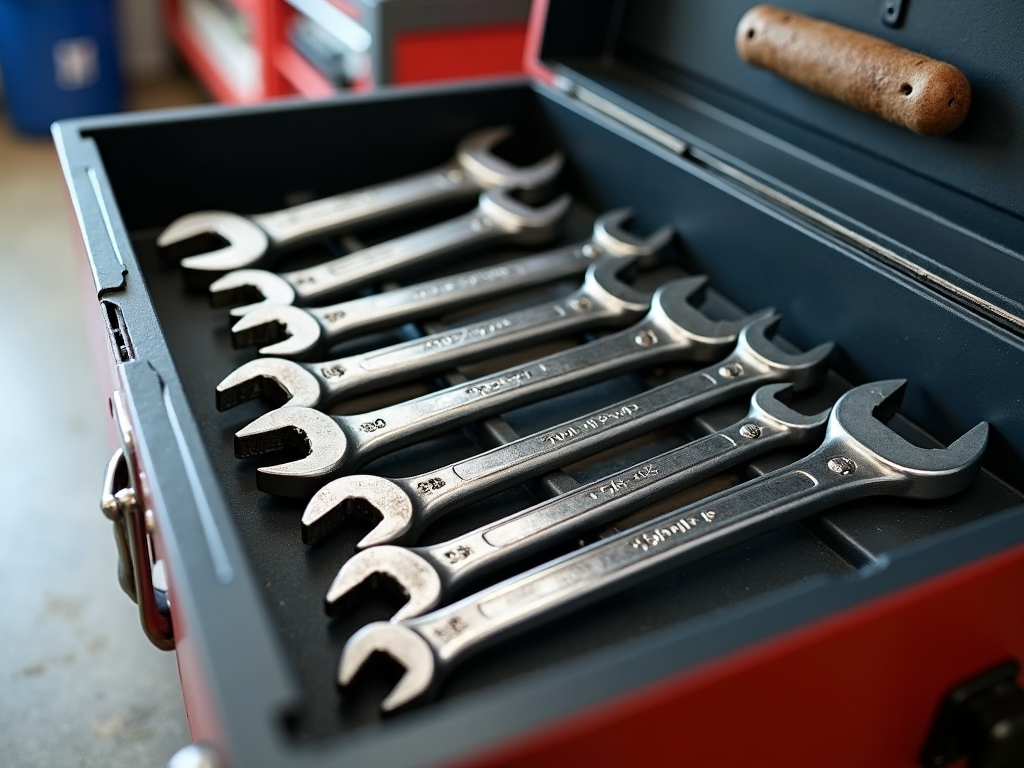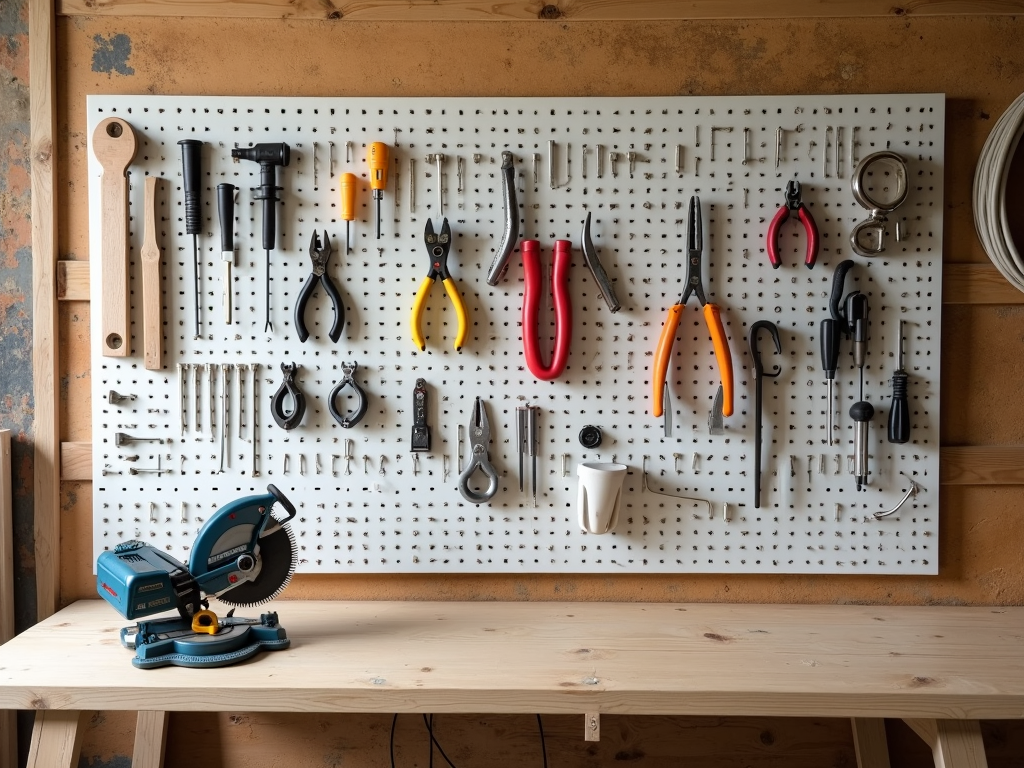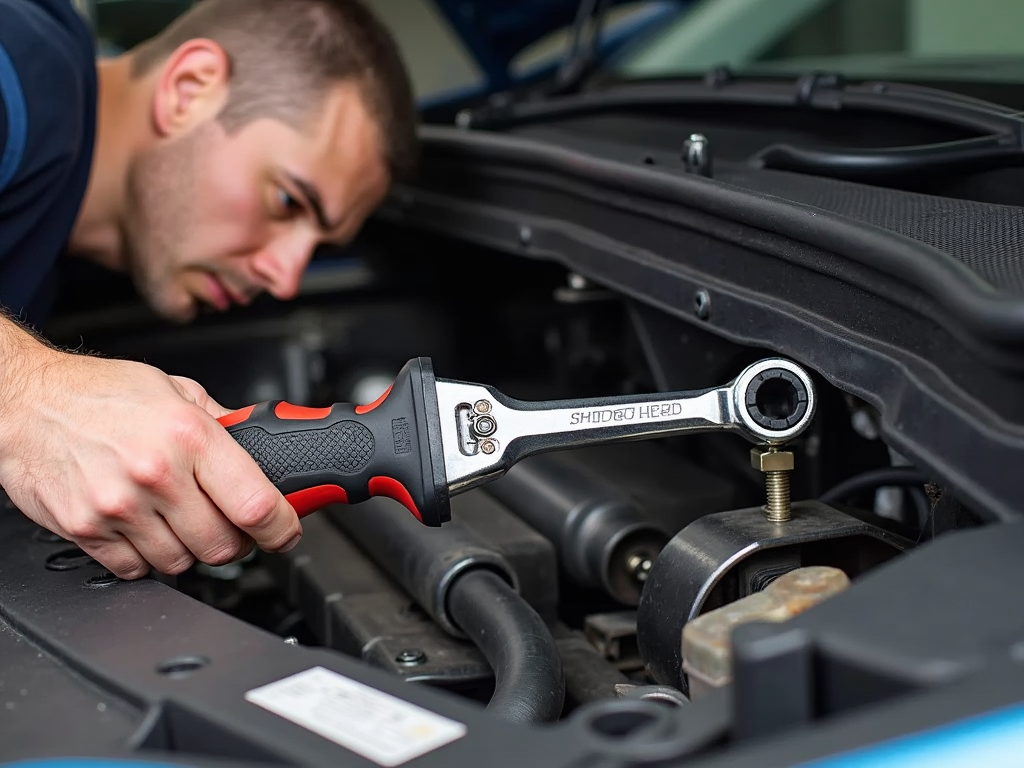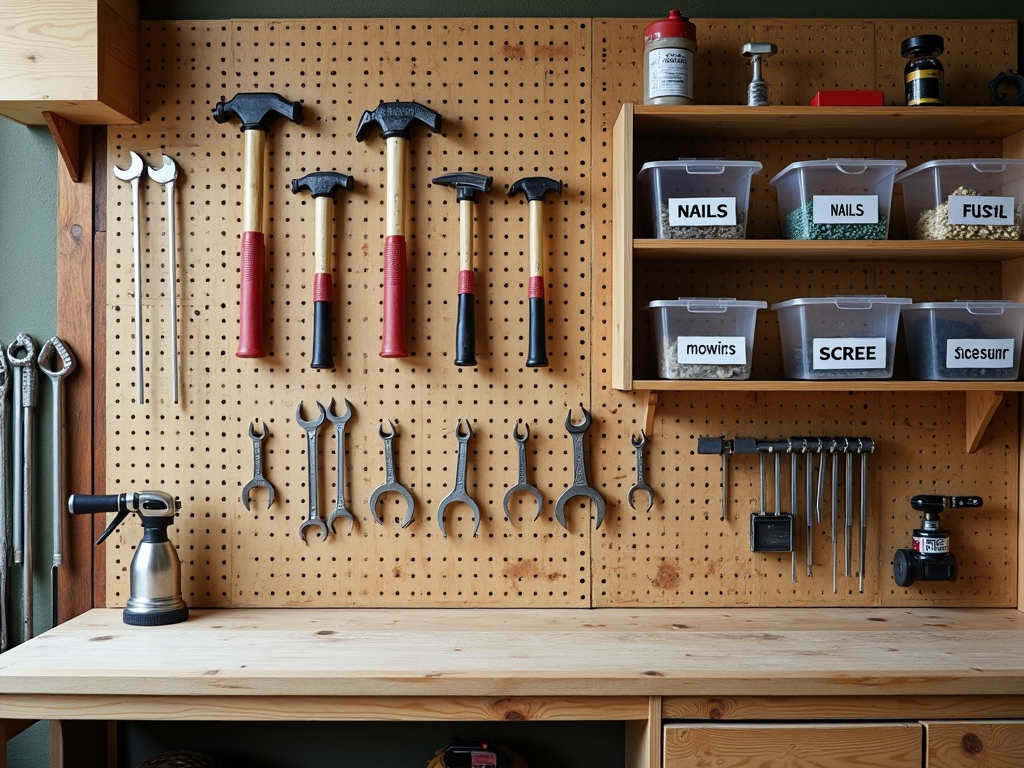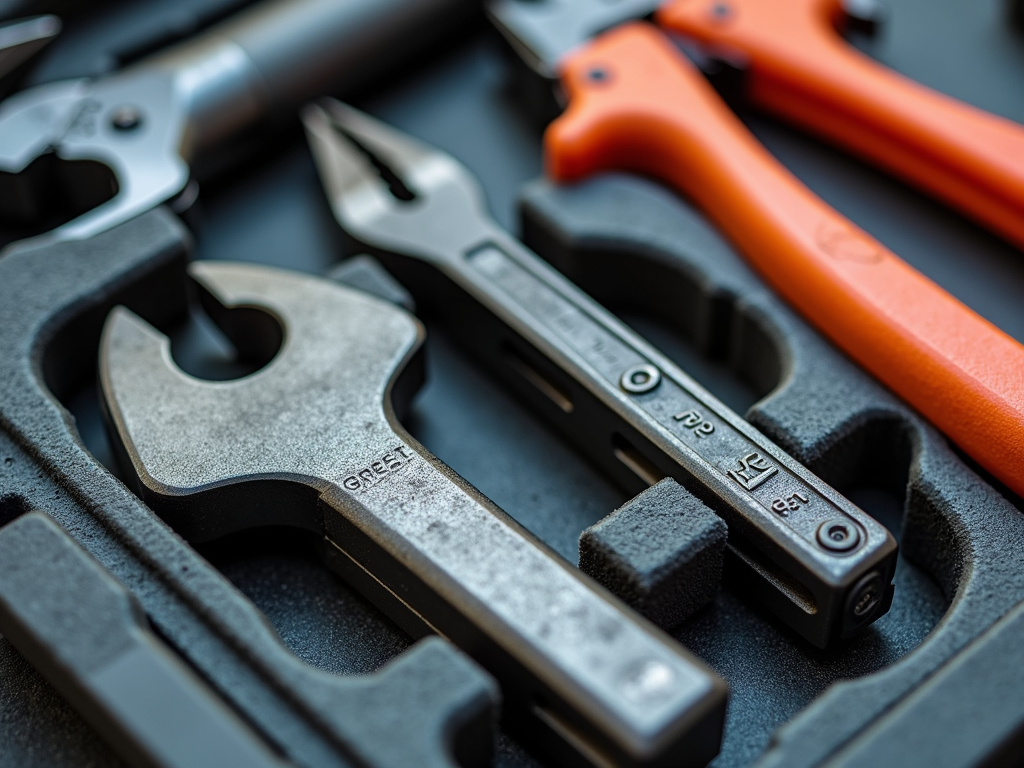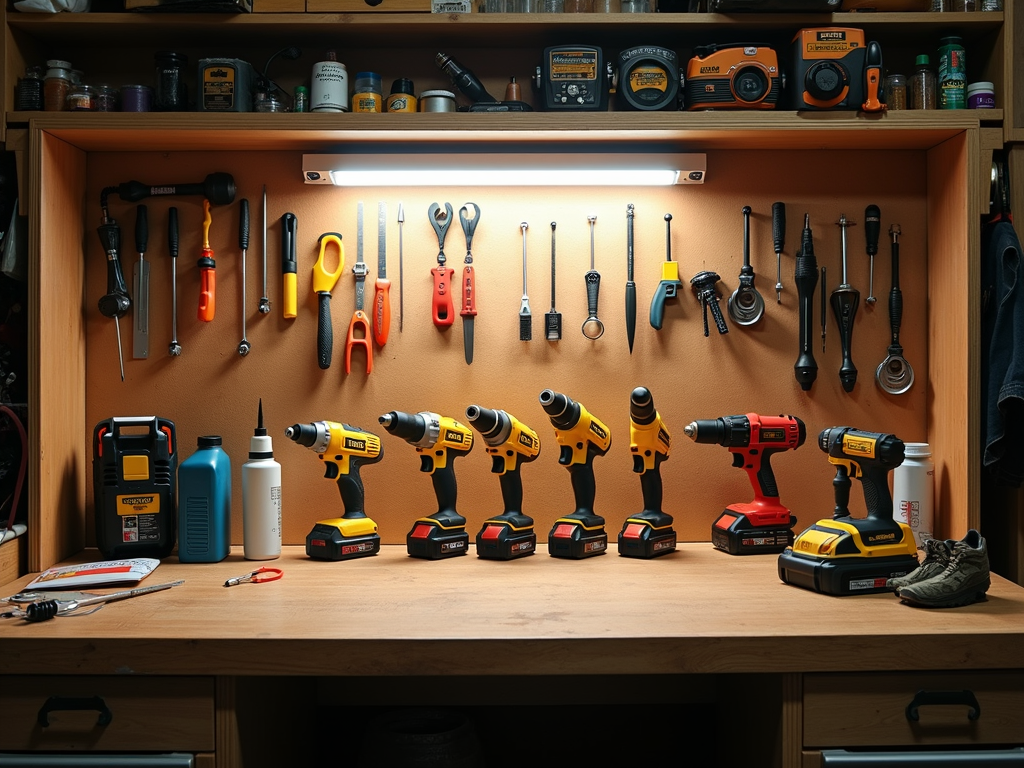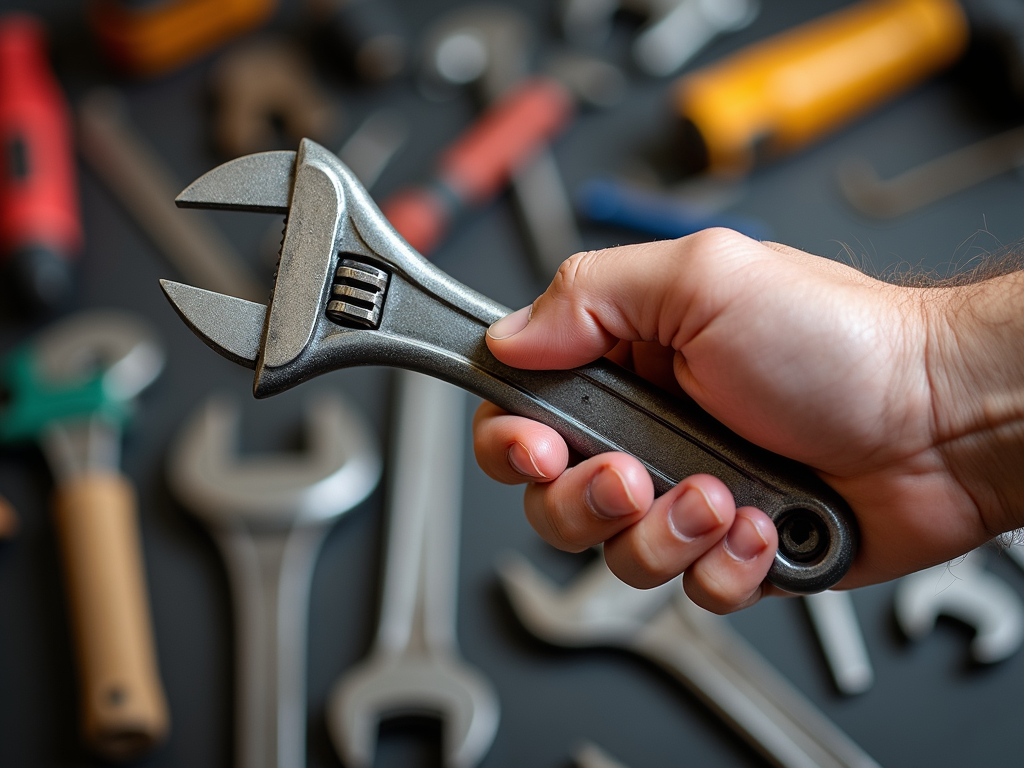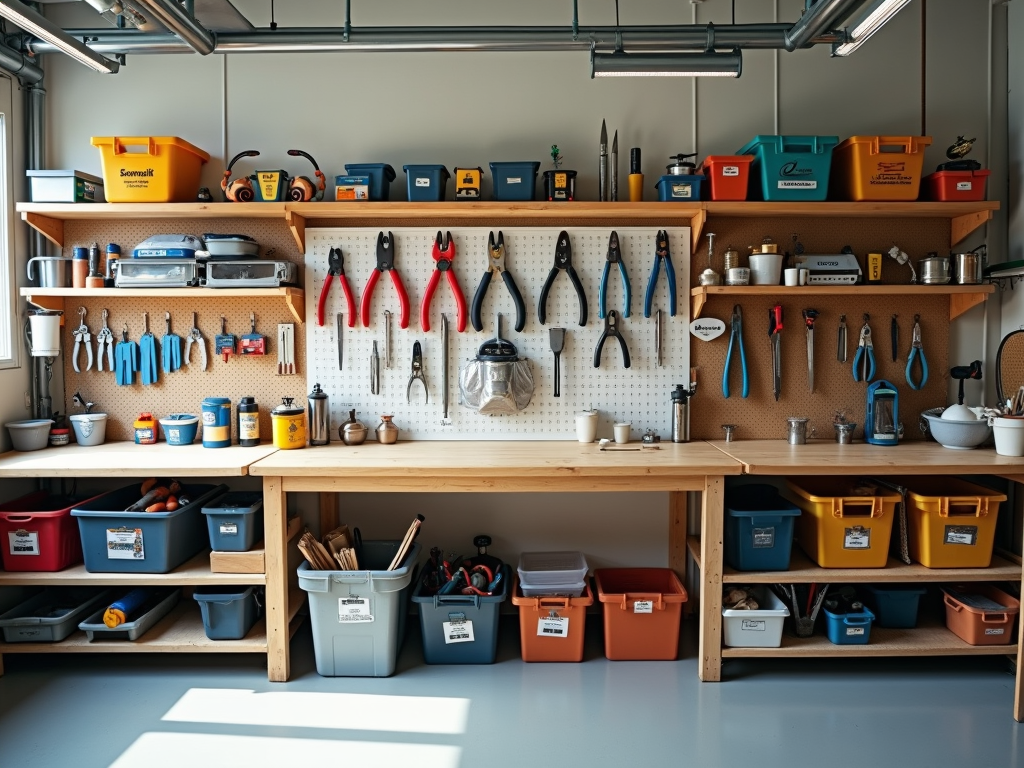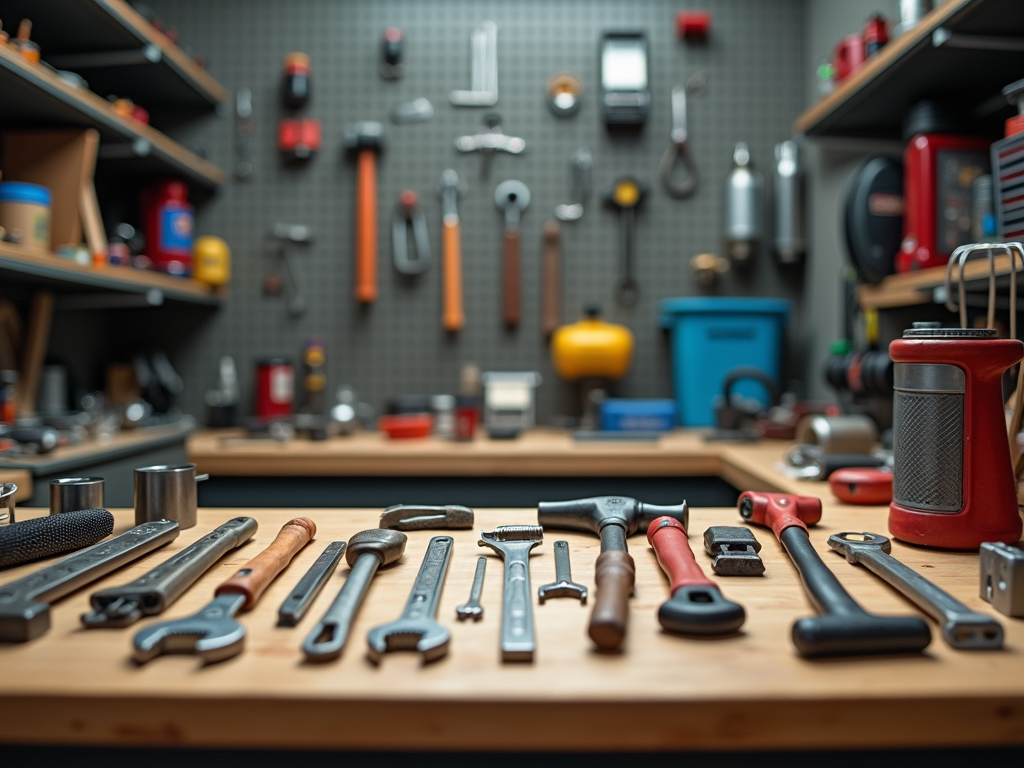Overview
Wrenches are essential tools for mechanics, used to tighten and loosen nuts, bolts, and other fasteners. With so many types and brands available, choosing the best wrench for the job can be overwhelming. This article provides a comprehensive guide to the best wrenches for mechanics, including personal insights, recommendations, and tips for selecting the right wrench for your needs.
Introduction to Wrenches
Wrenches are indispensable tools in any mechanic's toolkit. They come in various shapes, sizes, and types, each designed for specific tasks. From adjustable wrenches to torque wrenches, understanding the different types and their uses is crucial for any mechanic. In this article, we'll explore the best wrenches for mechanics, share personal experiences, and provide recommendations to help you make an informed decision.
Types of Wrenches
There are several types of wrenches, each with its unique features and applications. Here are some of the most common types:
- Adjustable Wrenches: Also known as crescent wrenches, these are versatile tools that can be adjusted to fit various sizes of nuts and bolts. They are ideal for general use but may not provide the precision needed for specific tasks.
- Combination Wrenches: These wrenches have an open end and a box end, making them suitable for a wide range of applications. They are available in both metric and standard sizes.
- Torque Wrenches: Essential for tasks that require precise torque, such as tightening lug nuts on a car wheel. They ensure that fasteners are tightened to the correct specification, preventing over-tightening or under-tightening.
- Socket Wrenches: These wrenches use interchangeable sockets to fit different sizes of fasteners. They are commonly used in automotive repair and are available in various drive sizes.
- Pipe Wrenches: Designed for gripping and turning pipes and other round objects, these wrenches have serrated jaws that provide a strong grip.
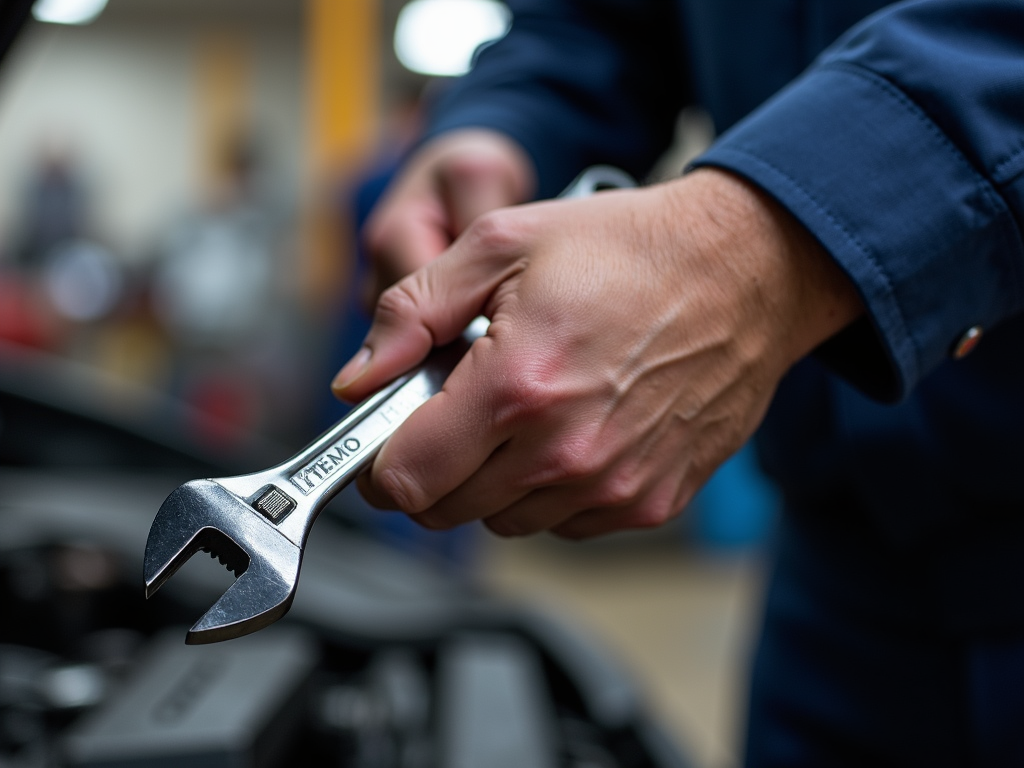
Choosing the Best Wrench for the Job
Selecting the right wrench depends on several factors, including the type of fastener, the required torque, and the working environment. Here are some tips to help you choose the best wrench for your needs:
- Consider the Fastener Size: Ensure the wrench fits the fastener properly to avoid slippage and damage.
- Evaluate the Torque Requirements: For tasks that require precise torque, use a torque wrench to achieve the correct specification.
- Assess the Accessibility: In tight spaces, a wrench with a slim profile or a ratcheting mechanism may be more suitable.
- Think About Durability: Invest in high-quality wrenches made from durable materials, such as chrome vanadium steel, to ensure longevity and reliability.
Personal Insights and Recommendations
As a seasoned mechanic, I've used various wrenches over the years and have developed preferences for certain brands and types. Here are my top recommendations for the best wrenches for mechanics:
- Best Adjustable Wrench: The Crescent 12" Adjustable Wrench is a reliable choice, offering a wide jaw capacity and a comfortable grip.
- Best Combination Wrench Set: The GearWrench 20-Piece Ratcheting Combination Wrench Set provides excellent value with both metric and standard sizes.
- Best Torque Wrench: The Tekton 1/2-Inch Drive Click Torque Wrench is accurate and easy to use, making it ideal for automotive work.
- Best Socket Wrench Set: The DeWalt 192-Piece Mechanics Tool Set includes a variety of sockets and accessories, perfect for any mechanic's toolkit.

Maintenance and Care
Proper maintenance and care are essential to prolong the life of your wrenches. Here are some tips to keep your tools in top condition:
- Clean Regularly: Wipe down your wrenches after each use to remove dirt and grease.
- Store Properly: Keep your wrenches in a dry, organized toolbox or on a tool rack to prevent rust and damage.
- Inspect for Wear: Regularly check your wrenches for signs of wear or damage, such as worn jaws or loose handles, and replace them if necessary.
- Lubricate Moving Parts: For adjustable wrenches and other tools with moving parts, apply a light lubricant to ensure smooth operation.
Conclusion
Choosing the best wrench for the job is crucial for any mechanic. By understanding the different types of wrenches and their applications, you can make informed decisions and ensure your toolkit is equipped with the right tools. Remember to consider factors such as fastener size, torque requirements, and accessibility when selecting a wrench. With proper care and maintenance, your wrenches will serve you well for years to come.
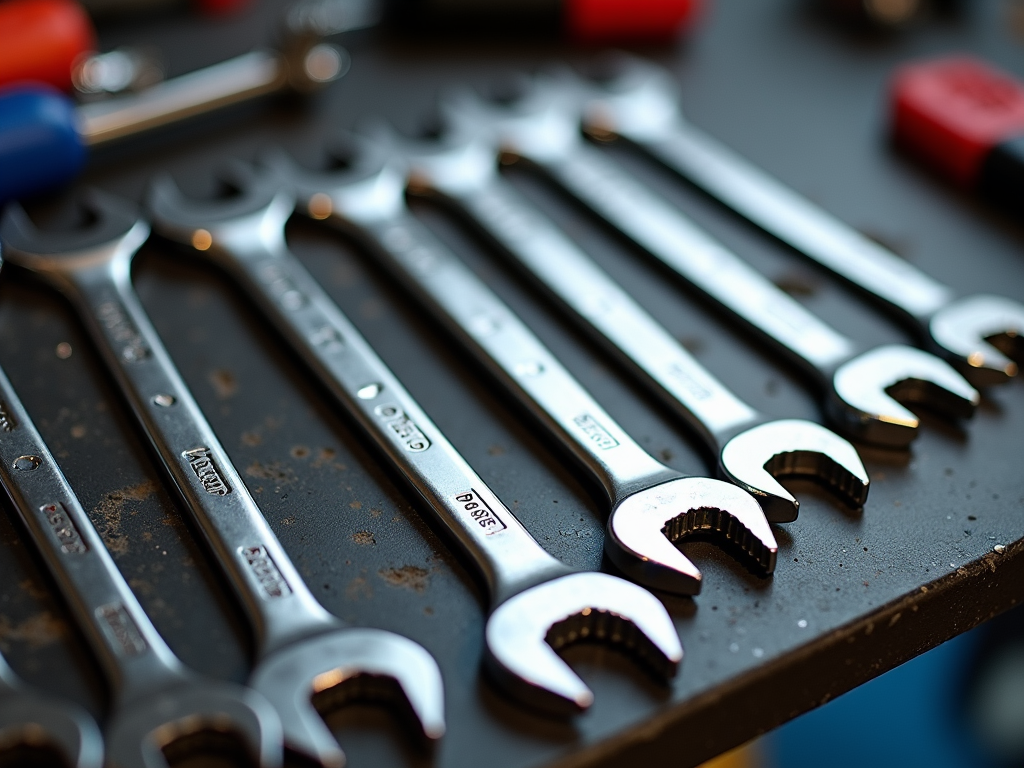
Related best wrenches for mechanics:
- Understanding Power Washer Components for Better Performance: A Comprehensive Guide
- Rust Prevention 101: Protecting Your Metal Tools
- How to Maintain Your Hand Tools for Longevity
- The Best Ratcheting Wrenches for Fast Repairs: A Comprehensive Guide
- How to Organize Your Workshop for Maximum Efficiency
- Tool Maintenance Tips for Longevity: Essential Guide for Workman Tools
- Safety Tips for Using Power Tools: A Comprehensive Guide
- Tablesaws with Advanced Safety Mechanisms: A Comprehensive Guide
- How to Choose the Right Wrench for Your Project
- How to Organize Your Workshop for Maximum Efficiency
- Tool Organization Tips for Painters: Boost Your Efficiency and Creativity
- Essential Tools for Every Workman's Toolbox: A Comprehensive Guide
